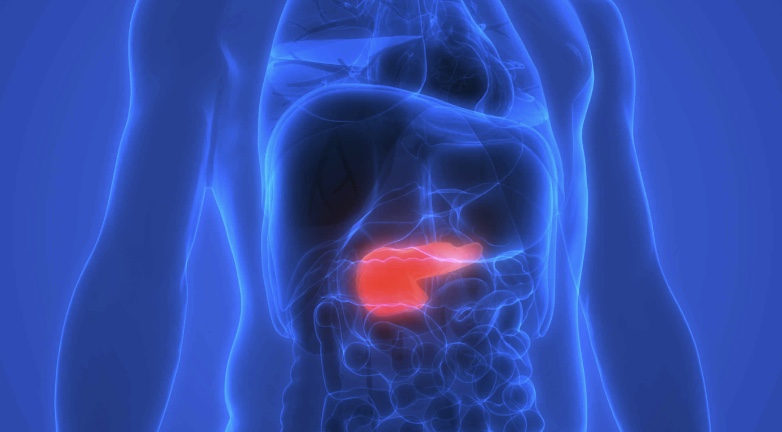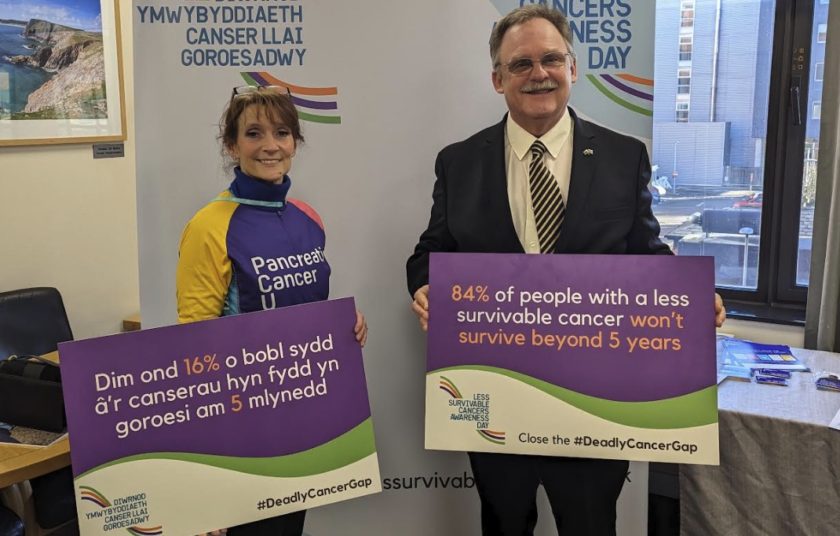Survival rates for six of the deadliest cancers ‘shockingly low’ in Wales

Wales has been identified as having some of the poorest survival rates for six major cancers, a situation described as “unacceptable” by health experts and politicians alike.
These cancers, known for their low survivability, include lung, liver, brain, oesophageal, pancreatic, and stomach cancers.
The average five-year survival rate for these cancers stands at a mere 16%, significantly lower than in other comparable nations.
The analysis, conducted on existing data, places Wales at 32nd out of 33 countries in terms of stomach cancer survival rates, and 31st for both pancreatic and lung cancers.
These rankings are alarmingly low, especially when considering the wealth and income levels of the compared nations.
According to Tenovus Cancer Care, part of a taskforce representing less survivable cancers, a crucial factor contributing to this dismal situation is the delay in diagnosis and the slow pace of accessing treatment in Wales.
In the UK, approximately 15,400 people survive these cancers for five years post-diagnosis.
However, if survival rates were on par with the top five performing countries, such as Korea, Belgium, USA, Australia, and China, this number could rise close to 24,000.
This stark difference underscores the potential for significant improvement in cancer care within the UK.
For pancreatic cancer, a particularly aggressive type, the situation is dire. Around 70% of patients receive no treatment, and only 10% undergo surgery, which remains the only potentially curative option.
These numbers paint a grim picture of the cancer care landscape in Wales and across the UK.
Russell George MS, Welsh Conservative Shadow Health Minister, has expressed strong criticism of the current state of cancer care in Wales.
He highlights the failure to adopt rapid diagnostic and surgical hubs, similar to those in England, as a key factor leading to excessive waiting times and subsequently poorer survival rates.
Mr George advocates for a reliable Welsh NHS, emphasising the need for a substantial workforce plan and increased focus on cancer care.
This situation calls for an urgent reassessment of cancer care strategies in Wales.
North Wales MS Mark Isherwood, visited the Less Survivable Cancers Awareness Day event in the Senedd on Tuesday, at which patient advocates and charity representatives spoke about their experiences and outlined their case for change, said:
“I fully support the Less Survivable Cancers Taskforce and their calls on Less Survivable Cancers Awareness Day to improve the currently terrible prospects for people diagnosed with these cancers.”

Judi Rhys MBE, Chief Executive of Tenovus Cancer Care and Chair of the Less Survivable Cancers Taskforce Wales subgroup, said:
“People diagnosed with one of these six cancers still have a shockingly low life expectancy. The figures released today are concerning and it’s extremely disappointing to see how poorly Wales, and the UK, compares to our international counterparts.
“The actions we’ve repeatedly called for – targeted screening and monitoring those most at risk – would have a huge impact on survival. These latest statistics should be a strong reminder to Welsh Government of the importance of prioritising and accelerating cancer survival initiatives.
“Without concerted effort and action now, we will continue to miss opportunities to save lives.
“It’s a really positive step to see so many MSs including Mr Isherwood supporting our Less Survivable Cancers Awareness Day.”
Spotted something? Got a story? Email: [email protected]
Latest News
